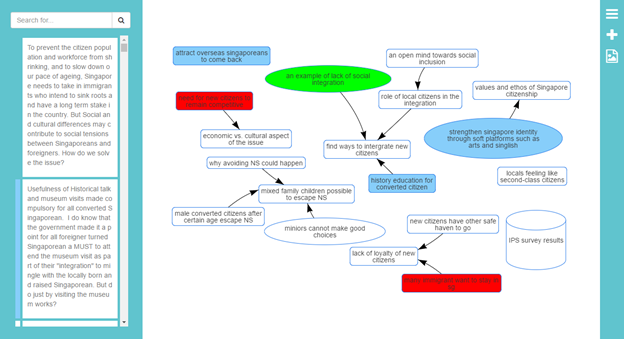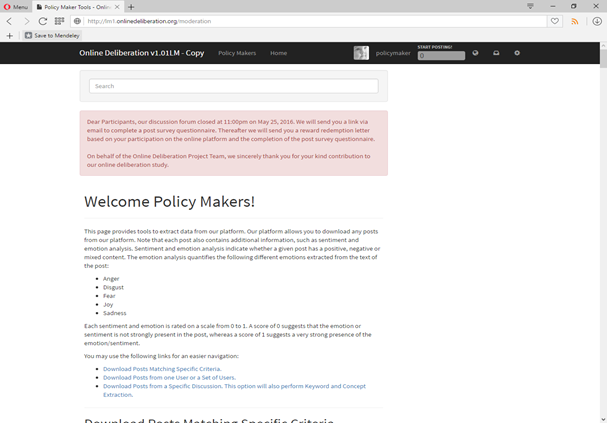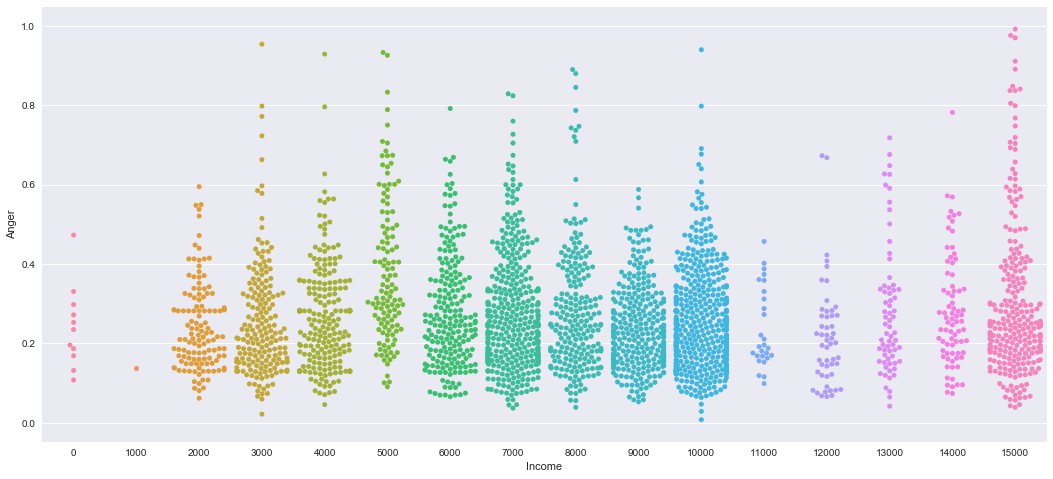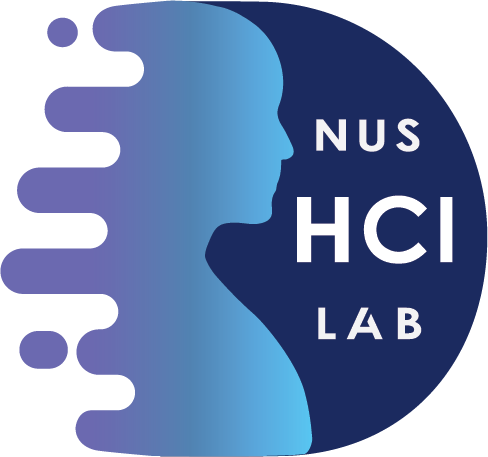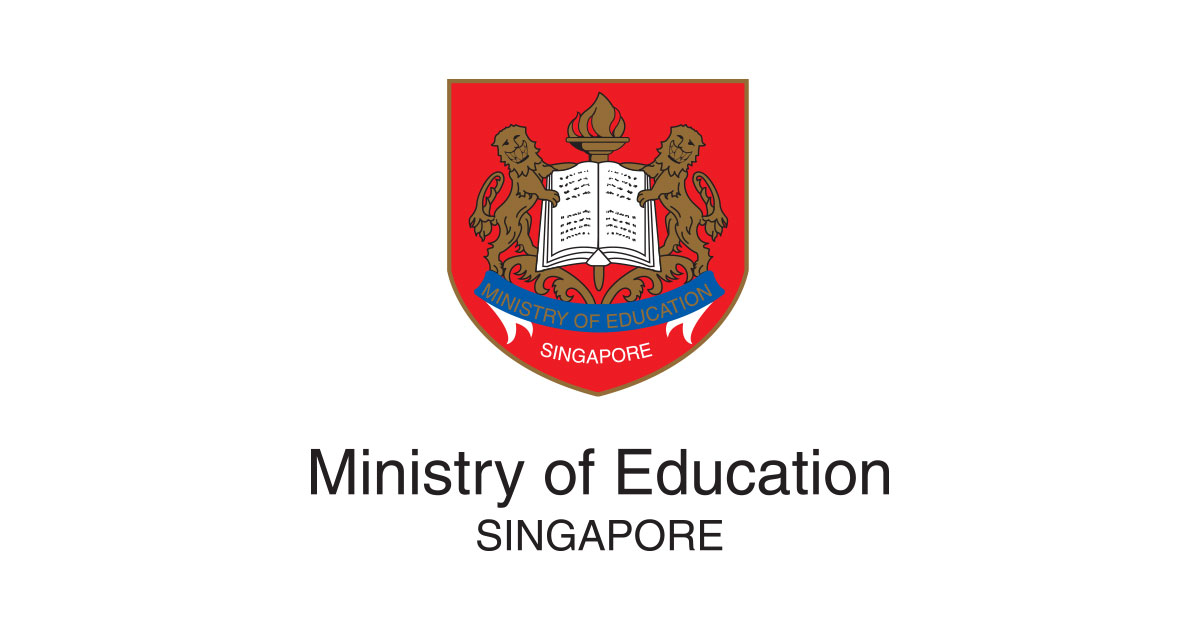Project: Online Deliberation
This research program aims to use online technologies to facilitate citizen deliberation on public issues.

Image by Freepik
Are you concerned about the rising living cost in Singapore? The over-crowded MRT trains? The difficulty to find jobs due to competitions from foreign talents? Or the dilution of the Singapore identity and culture? If yes, you are not alone. Many Singaporeans share the same worries as you do. You may have sensed that during your casual conversations with your family members, your friends and colleagues, or random encounters on the Internet. But your everyday social circle is limited and it may not allow you to fully know what is going on in your fellow citizens’ minds. Do you want to know how other Singaporeans think about these problems and whether they agree with you? Do you like to talk to these fellow Singaporeans directly and discover why they hold different views from what you do? And eventually after knowing what others think, do you wish to have a voice in shaping governmental policies regarding these issues? Our research project is set to fulfill these possibilities, through building a digital platform that will be open to a group of Singaporeans who come from all walks of lives and allow them to discuss these issues with each other.

How It Worked

What The Experience Was Like
Now you probably wonder how the digital platform actually “looks and feels” should you be able to have the chance to participate. We had a few technological features built into the digital platform that you may find interesting.

Publications
- Shun Yi Yeo, Gionnieve Lim, Jie Gao, Weiyu Zhang, Simon Tangi Perrault (2024). Help Me Reflect: Leveraging Self-Reflection Interface Nudges to Enhance Deliberativeness on Online Deliberation Platforms. In Proceedings of the SIGCHI Conference Full Papers on Human Factors in Computing Systems (CHI '24). ACM. https://arxiv.org/abs/2401.10820
- Zhang W., Yang, T., & Perrault, S. (2021, May).Nudge for reflection: More than Just a Channel to Political Knowledge. In Proceedings of the SIGCHI Conference Full Papers on Human Factors in Computing Systems (CHI '21). ACM.
- Zhang W. & Davies T. & Przybylska A., (2021).Online Deliberation and #CivicTech: A Symposium. Journal of Deliberative Democracy, 17(1), 76-77.
- Chang L. & Zhang W., (2021).Procedural Justice in Online Deliberation: Theoretical Explanations and Empirical Findings. Journal of Deliberative Democracy, 17(1), 105-117.
- Yang T. & Wang Y. & Zhang W., (2021).Effects of Knowledge and Reflection in Intrapersonal Deliberation. Journal of Deliberative Democracy, 17(1), 134-148.
- Chen, Z & Zhang, W. (2020),Bracketing or Reinforcing?: Socio-economic Status, Network Power, and Online Deliberation. Telematics & Informatics, 52, Article 101417.
- Zhang, W., Xi, Y., & Chen, A. (2020).Why do replies appear? A multi-level event history analysis of online policy discussions. New Media & Society, 22 (8), 1484-1504.
- Menon, S., Zhang, W. & Perrault, S. (2020).Nudge for Deliberativeness: How Interface Features Influence Online Discourses.InProceedings of the SIGCHI Conference Full Papers on Human Factors in Computing Systems (CHI ’20). ACM.
- Zhang, W. & Yang, T. (2020).The interaction between perceived procedural fairness and perceived disagreement in deliberation. Acta Politica, 55, 199–220.
- Perrault, S. & Zhang, W. (2019).Effects of Moderation and Opinion Heterogeneity on Attitude towards the Online Deliberation Process.. InProceedings of the SIGCHI Conference Full Papers on Human Factors in Computing Systems (CHI '19).ACM.
- Zhang, W., & Soon, C (2017).The Main and Spillover Effects of Online Deliberation: Changes in opinions, informational media use and political activities. In Proceedings of CeDEM 2017, Danube University Krems, Austria. [slides]
- Zhang, W. (2015).Perceived procedural fairness in deliberation: Predictors and effects. Communication Research. 42(3), 345-364.
- Zhang, W. (2015). The disenfranchised and eDeliberation: Beyond access. In Coleman, S., Przybylska, A., & Sintomer, Y. (Eds.), Deliberation and Democracy: Innovative Processes and Institutions, pp. 57-82. Frankfurt, Germany: Peter Lang.
- Lu, X., Zhang, W., Przybylska, A, De Liddo, A., Convertino, G., Davies, T., & Klein, M. (2015).Design for Online Deliberative Processes and Technologies: Towards a Multidisciplinary Research Agenda. In Proceedings of CHI 2015 (Workshop), Seoul, South Korea.
- Menon, S. & Zhang, W. (2014). A value-based design approach for online deliberation. In M. M. Skoric, P. Parycek, & M. Sachs (Eds.), In Proceedings of CeDEM Asia 2014, pp.81-96. Hong Kong, China.
- Zhang, W. & Chang, L. (2014).Perceived Speech Conditions and Disagreement of Everyday Talk: A Proceduralist PerspectiveofCitizen Deliberation. Communication Theory, 24(2), 124-145.
- Chang, L., Jacobson, T., & Zhang, W. (2013).A Communicative Action Approach to Evaluating Citizen Support for a Government’s Smoking Policies. Journal of Communication, 63(6), 1153-1174.
- Zhang, W., Cao, X., & Trah, M. N. (2013).The structural features and the deliberative quality of online discussions. Telematics & Informatics, 30(2), 74-86.
- Zhang, W. (2010).Technical capital and participatory inequality in eDeliberation: An actor-network analysis. Information, Communication & Society, 13(7), 1019-1039.
